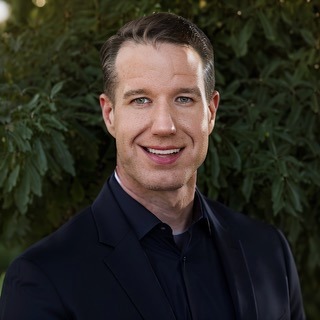Product Manager & Leader
Products are just the things we use to solve the problems we're facing today or might face in the future.
Over the last 20 years, I've had the pleasure of developing new products and taking existing ones off of dusty shelves to revitalize and expose to massive customer bases.
People in my role are often called Product Managers, but I see myself as someone who is continually trying to be of service to fellow human beings by using the skills and knowledge I've acquired over a lifetime.


Creating Things
There is no greater feeling than to create something that has a positive impact on other people. Chefs feel this when creating a dish that reminds a diner of their childhood. Inventors feel a very powerful version of this when they combine old ideas in new ways to unlock an amazing new opportunity.
As a product manager (PM hereafter), I have not been in the shoes of a prototypical chef or inventor, who is often seen as a solitary person scratching away at a dish or a problem for long periods in isolation. PMs are fundamentally leaders--we are fortunate to be surrounded by a set of diversely talented individuals like software engineers, designers, marketing experts, finance teams, and others who all bring a meaningful impact to a given problem. This means that PMs have to work in a certain way to be effective. In my experience, this comes down to the following:
Courage to work in a space where no one person knows the answer, and trust that through working together we can all solve a problem that no one of us could solve by ourselves.
Humility to not bring all of your biases and personal beliefs to solve every problem. This doesn't mean that a PM's experience is not useful. It only means that even the most experienced PM can be wrong, as can we all. Therefore, PMs must have a mindset that always seeks confirmation or refutation of our best ideas.
Openness to continual learning is one of the easiest markers of the most successful PMs vs. those who are just okay. The world constantly evolves, and we live in a tiny slice of it. One can never learn everything, but she can continually expand on what she's learned so far, and that practice pays massive dividends over a career and lifetime.
Persistence is required to do anything of sustained meaning. If it's too easy, someone else either has already done it, or is doing it right now. If you're working on a truly difficult problem, you may also be working on a very important problem.
Knowledge that failure is a part of the process. Failure is a key learning tool that shows we are pushing around the edges of what we believe, and discovering more about what works for our purposes and what does not.








Contact Me
Feel free to reach out for any inquiries regarding my work as a product manager and leader. I am always happy to connect and share insights.
